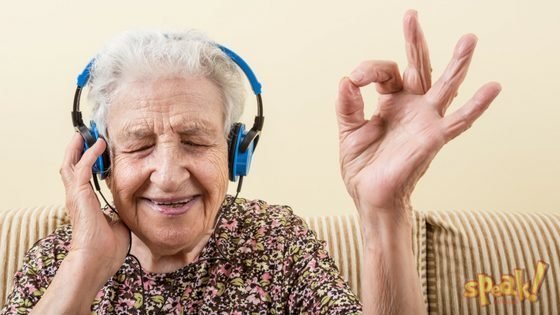
Research Updates

Here at Bigger Better Brains we believe that through educating yourself, you can then educate and affect positive change in your community.
With all of the research in the field of neuromusical science, our BBB Research section serves as a content hub for you. We regularly share findings and break down the latest research to educate and inspire discussion. We hope you enjoy this page on our website and share BBB news with your colleagues, parents and students.
The Future of Work: Why Music Learning Prepares Students for Tomorrow’s Jobs
The World Economic Forum's Future of Jobs Report 2025 highlights the critical skills that will define the workforce of tomorrow.
The Key to Healthy Ageing
New research suggests that playing instruments and singing may support brain health as we age. A study found that engaging in musical activities, especially playing keyboard instruments, correlates with improved memory and cognitive function later in life.
The Cognitive Symphony of the Brisbane City Pops Orchestra
This article dives into the history and enduring vitality of the Brisbane City Pops Orchestra who have recently celebrated their milestone 50th-anniversary performance. The orchestra boasts a diverse ensemble of musicians spanning generations, including members who have been involved since the beginning.
Singing at work = better job performance
Imagine having a singing group at your work. Imagine starting the day with a song with your colleagues. What would your work culture feel like and how would you feel about going to work?
Background music – good or bad for productivity?
As always it is all about context and what you trying the measure. This study found that background music for musicians leads to greater productivity, than non-musicians.
When things get noisey do your ears shut down?
Our auditory processing system is possibly our largest information-gathering sense. It keeps us safe and it processes mountains of information without our knowledge. It also never turns off. But, sometimes it gets tired and a bit overwhelmed.
Background music ‘significantly impairs’ creativity
Do you use background music when you are completing a creative task? If you do, do you find that your creative output is better, more innovative or unexpected, or does the background music hinders these outputs?
The effect of preferred background music on sustained attention
When we have to do a task, many people often choose to put music on in the background rather than complete the task in silence. The researchers found that “background music increased the proportion of task-focus states by decreasing mind-wandering states but did not affect external distraction states.”
Dementia Prevention through music
While learning a musical instrument when we are young wires our brain well for life, taking up a musical instrument in our 40s and 50s keeps that wiring in top condition.
Music is medicine!
Music is medicine and one we can prescribe to ourselves! This fascinating study proposes that we use music for different reasons at different stages of our lives. With this knowledge, therapists and educators could use music in more effective ways.
Music is turning back time for older adults
This paper looked at the research that has found that musicians have better speech in noise perception and asked if short-term music training might be beneficial for older adults, even if they didn’t have music training in their background.
Why don’t older people like new music?
This is a fascinating idea – how do we fall in love with music? And as we age, why do we like music less? This article explains the biological concept very well.





















